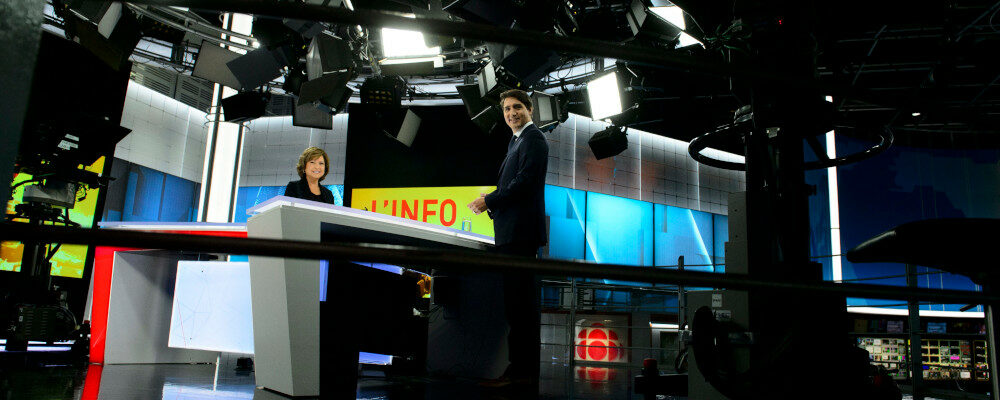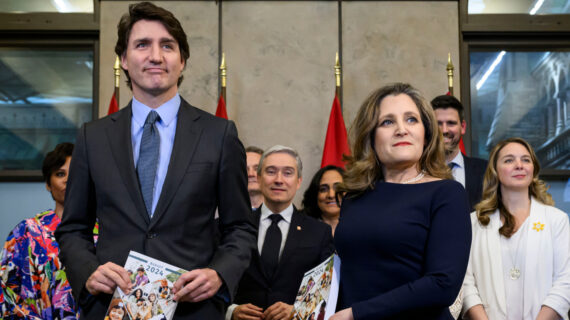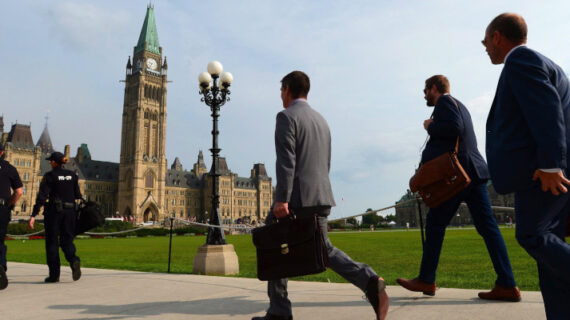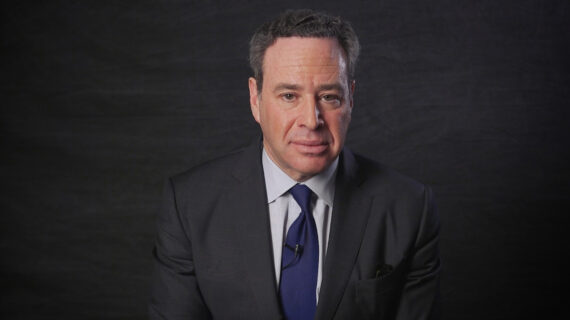Pierre Polievre has argued that CBC television should be eliminated; he has proposed to leave Radio-Canada’s TV service intact. He appears to believe that since CBC’s audiences have declined significantly, there is no point in continuing to support it. He is certainly right that CBC TV has lost audience share over the last decade (now just 5 percent of prime time) and performs very poorly compared to its French counterpart, Radio-Canada’s Ice Tele (25 percent of prime time).
Why is this?
First, the English broadcasting environment has always been much more competitive than the French one. Over the last 30 years, CBC has had to compete not only with dozens of Canadian rivals in its home market (CTV, Global, CITY, TSN, etc.) but multiple American ones as well (ABC, CBS, NBC, CNN, etc.). This has never been true in the French market, where Radio-Canada has only one significant rival, TVA. It has been insulated by language. The Americans do not broadcast in French.
The result is that it has always been a challenge to make English Canadian entertainment shows that Canadians will watch in large numbers. Producing dramas, comedies, and documentaries that can compete against the flood of expensive, attractive U.S. programs has historically been very difficult. It can be done, but it requires proper financing, creative talent, fine producers, and luck. Of these, the only one in the control of the government is money. For many, many years, CBC has been one of the most poorly financed public broadcasters in the world.
Second, CBC’s advertising revenues have fallen substantially, like those of all the other broadcasters. Advertisers prefer Google and Facebook’s digital ads because they are more efficient. More than 55 percent of Canadian ad revenues now flow south to Silicon Valley rather than staying in the country to support the creation of Canadian content. The losses are much more significant in English than in French.
Third, the arrival of the big foreign streaming services (Netflix, Disney, Amazon, etc.) has further eroded the market share of CBC TV, as well as that of the private Canadian broadcasters. With their enormous budgets, the streamers have created huge quantities of high-quality programming. Unlike Canadian broadcasters, however, they are not required to spend any of their revenues commissioning Canadian shows. This not only gives them substantial financial advantages over their Canadian competitors, but it also erodes the money available to finance Canadian drama, comedies, documentaries, and kid’s shows.
Finally, and perhaps most significantly, CBC suffers from chronic underfunding. The government provides roughly $1.25 billion to CBC/Radio-Canada. That works out to about 33 dollars per capita for CBC and Radio-Canada combined. The split of the $1.25 billion is not, however, the same for CBC and Radio-Canada.
About 44 percent ($550 million) of the public subsidy goes to the French services and 56 percent to the English side ($700 million). This split does not reflect the relative size of the two major language groups in Canada. French is spoken by only 21 percent of the Canadian population. Given that Canada’s population is roughly 38 million people, this means that the 8 million French-speaking Canadians receive a per capita public broadcasting subsidy of almost 70 dollars, while the rest of the country receives 23 dollars. In effect, this makes Radio-Canada one of the better-financed public broadcasters in the world and CBC one of the worst.

This disparity is compounded by the fact that the costs of producing programs in French and English are dramatically different. An average Canadian English language drama costs $1.7 million per hour; its French equivalent costs almost exactly half that. The situation is even starker when it comes to children’s shows. An hour in English has an average cost of $850,000 and in French $200,000, a more than four-fold difference.
This is a very strange situation. Radio-Canada gets almost three times more money per capita from the federal government than CBC, although it faces dramatically less competition in its home market and enjoys very significant cost advantages in program production. It is hard to understand how this is either fair or reasonable.
Television is the most important cultural medium in the world. In English Canada, the only broadcaster that has consistently made Canadian entertainment shows is the CBC. If Pierre Polievre were really concerned about CBC television’s poor performance, he should concern himself with these disparities. He should argue not for eliminating CBC but for financing it at the same level as Radio-Canada. This would require an injection of $1.4 billion to the English side. If he also considered the different program production costs, the number would be significantly higher still.
Pierre Polievre’s attack on the CBC and not Radio-Canada seems to defy the test of simple fairness. Why would he choose to go after the side of the public broadcaster that faces the more challenging environment and that has been systemically disadvantaged by the federal government? If French Canadians were receiving almost three times as much per capita for health care or education, he would surely object and argue that the money going to French Canada should be reduced. Or better still, that English Canada should be put on the same footing.




